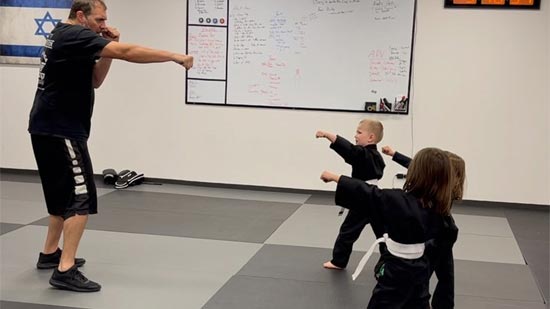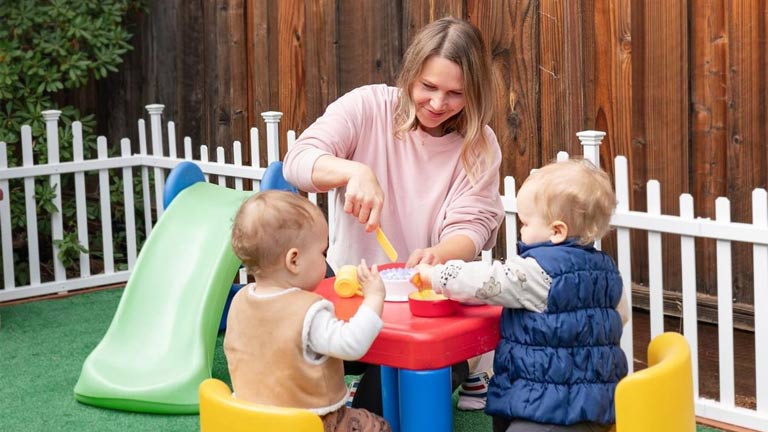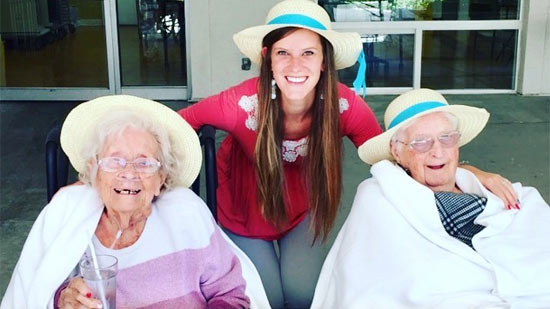
Parents are naturally concerned for their kids’ safety at home and outside. While it’s important to provide children with appropriate adult supervision, you may not be with your children all the time. Teaching your kids these basic safety rules for times while they’re at school or on the playground can help ensure that they will make good choices – even when you’re not there.
Below are some safety rules your child (or children) needs to know.
1. Know How to Call 911 (and When!)
Teaching your child how to call 911 in an emergency could save someone’s life. While the act of calling 911 seems simple enough, there’s more to it than you might think:
- Show your child how to use the phone. There’s more than one way to use a phone – because there’s more than one type of phone. Show your child how to use your landline and cellphones, if you have both types of phones.
- Talk about what constitutes an “emergency.” Your child will need to know when it’s time to call 911. Give examples.
- Tell your child what to expect when calling 911. Tell your child about the dispatch that will answer the phone, and that the dispatch will ask questions.
2. Know Your Home Address and Phone Number
If your child ever becomes lost or can’t find you, he or she will need to know some basic information to give to adults trying to help. Your child should know:
- At least one phone number for one parent or caregiver. If your child has multiple caregivers or parents with cellphone numbers, you may try to teach them more than one number. Younger children might struggle to remember more than one important phone number at a time.
- Where he or she lives. Even just knowing his or her hometown can be helpful, but it’s best if your child knows his or her full address.
- The names of his or her parents/caregivers. Don’t be surprised if your child only knows you by the name “mommy” or “daddy.” Small children can be taught their parents’ first and last names – but you have to make the effort.
Your child may forget this information over time, unless it is used regularly. Quiz your child periodically to help ensure he or she remembers the phone number, address and names you taught him or her.
3. Adults Should Not Ask You to Keep Secrets, Should Not Touch You
Children can’t be expected to know when an interaction with an adult is inappropriate. You’ll have to teach your child the difference between a “good touch” and a “bad touch.” Don’t feel embarrassed to have this conversation with your child. Your child likely won’t be embarrassed, and it’s information he or she needs to know.
Don’t forget to tell your child that adults shouldn’t ask kids to keep secrets. There may be some exceptions to this rule, which you should acknowledge in the conversation. Acceptable secrets generally involve holiday gifts and surprise parties.
4. Don’t Talk to Strangers, Never Go Anywhere With a Stranger
Some children are naturally trusting and need to be reminded they should never talk to strangers. There are some exceptions to this rule, which you should outline for your child. Exceptions include instances when you’re there with your child, and you’ve said it’s alright to speak to that stranger.
Include in the lesson that your child should never go anywhere with a stranger.
If you think there’s a chance that you may want your child to be picked up by someone he or she doesn’t know, maybe because of an emergency, establish a “code word” that you both know. Tell your child that any stranger sent by you to pick him or her up will know that code word. If the stranger doesn’t know the word, then your child should not go with that person.
Teaching Safety Rules Helps Keep Your Child Safe
It’s important to help children grow up safely, and nothing is more important than the safety of your child. Take just a little time each month to help your child learn basic safety, and enjoy the peace of mind that comes from knowing your child is prepared to protect himself or herself.
Kids Car Donations is a national organization that accepts vehicle donations to better the lives of children.




